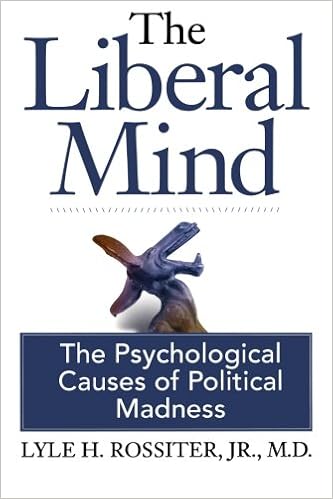- Joined
- Apr 29, 2012
- Messages
- 18,563
- Reaction score
- 9,211
- Location
- On an island. Not that one!
- Gender
- Undisclosed
- Political Leaning
- Socialist
Comments by many of the Trump supporters found here on Debate Politics do seem to support the characterizations found by psychologists.
Analysis of Trump Supporters Has Identified 5 Key Traits
The lightning-fast ascent and political invincibility of Donald Trump has left many experts baffled and wondering, “How did we get here?” Any accurate and sufficient answer to that question must not only focus on Trump himself, but also on his uniquely loyal supporters. Given their extreme devotion and unwavering admiration for their highly unpredictable and often inflammatory leader, some have turned to the field of psychology for scientific explanations based on precise quantitative data and established theoretical frameworks.
(...)
In a recent review paper published in the Journal of Social and Political Psychology, Psychologist and UC Santa Cruz professor Thomas Pettigrew argues that five major psychological phenomena can help explain this exceptional political event.
1. Authoritarian Personality Syndrome
The syndrome is often triggered by fear, making it easy for leaders who exaggerate threat or fear monger to gain their allegiance.
Although authoritarian personality is found among liberals, it is more common among the right-wing around the world. President Trump’s speeches, which are laced with absolutist terms like “losers” and “complete disasters,” are naturally appealing to those with the syndrome.
(. . .) a 2016 Politico survey found that high authoritarians greatly favored then-candidate Trump, which led to a correct prediction that he would win the election, despite the polls saying otherwise.
2. Social dominance orientation
Social dominance orientation (SDO)—which is distinct but related to authoritarian personality syndrome—refers to people who have a preference for the societal hierarchy of groups, specifically with a structure in which the high-status groups have dominance over the low-status ones. Those with SDO are typically dominant, tough-minded, and driven by self-interest.
In Trump’s speeches, he appeals to those with SDO by repeatedly making a clear distinction between groups that have a generally higher status in society (White), and those groups that are typically thought of as belonging to a lower status (immigrants and minorities).
3. Prejudice
It would be grossly unfair and inaccurate to say that every one of Trump’s supporters have prejudice against ethnic and religious minorities, but it would be equally inaccurate to say that many do not.
(...) a new study has shown that support for Trump is correlated with a standard scale of modern racism.
4. Intergroup contact
Intergroup contact refers to contact with members of groups that are outside one’s own, which has been experimentally shown to reduce prejudice. As such, it’s important to note that there is growing evidence that Trump’s white supporters have experienced significantly less contact with minorities than other Americans.
5. Relative deprivation
Relative deprivation refers to the experience of being deprived of something to which one believes they are entitled. It is the discontent felt when one compares their position in life to others who they feel are equal or inferior but have unfairly had more success than them.
(. . .)
This kind of deprivation is specifically referred to as “relative,” as opposed to “absolute,” because the feeling is often based on a skewed perception of what one is entitled to. For example, an analysis conducted by FiveThirtyEight estimated that the median annual income of Trump supporters was $72,000.
If such data is accurate, the portrayal of most Trump supporters as “working class” citizens rebelling against Republican elites may be more myth than fact.

